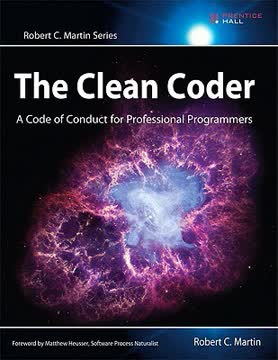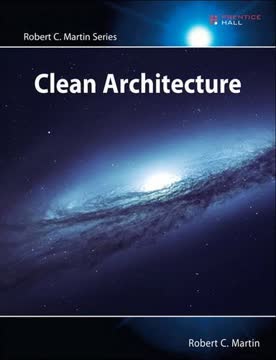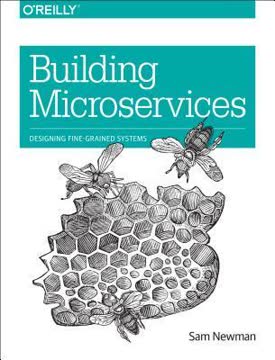Searching...
Top 10 Books on Architecture Modernization
Discover the 10 must-read books on architecture modernization that will transform your understanding of design and technology in the digital age.
Book Summaries
Essays on Software Engineering
Frederick P. Brooks Jr. offers timeless insights into software project management, emphasizing the importance of design integrity and effective team dynamics in modern architecture.
3 Key Takeaways:
- Conceptual integrity is paramount in software design
- The role of the system architect is crucial for project success
- The second-system effect can lead to overdesign and feature bloat
Alain de Botton explores the psychological impact of architecture on well-being, offering insights into how modern design can enhance our lives and environments.
3 Key Takeaways:
- Architecture shapes our emotions and behavior
- The pursuit of architectural beauty is complex and evolving
- Buildings communicate values and ideals through their design
A Code of Conduct for Professional Programmers
In this essential read for software developers, Robert C. Martin emphasizes professionalism and discipline, crucial for modern architectural practices in software.
3 Key Takeaways:
- Professionalism in software development requires taking responsibility and saying "no"
- Test-Driven Development (TDD) is essential for producing high-quality code
- Effective time management and focus are crucial for productivity
Robert C. Martin, a leading figure in software engineering, presents essential principles for modern software architecture, emphasizing the importance of clean design and maintainability.
3 Key Takeaways:
- Software architecture is about minimizing human resources and maximizing productivity
- Clean architecture separates business rules from external details
- SOLID principles guide the creation of flexible, maintainable systems
How Certain Schemes to Improve the Human Condition Have Failed
James C. Scott's critical analysis of state-driven modernization projects reveals the pitfalls of top-down planning, emphasizing the need for local knowledge in effective architecture.
3 Key Takeaways:
- High modernism seeks to impose order but often fails to account for local complexity
- Simplification of nature and society can lead to unintended consequences
- The power of local knowledge and practices often outweighs centralized planning
Designing Fine-Grained Systems
Sam Newman, a microservices expert, provides a comprehensive guide to designing and implementing microservices, making it essential for modern software architecture.
3 Key Takeaways:
- Microservices: Small, autonomous services that work together
- Evolutionary architecture: Adapting to changing requirements
- Modeling services: Defining boundaries and contexts
How to Innovate with Minimum Viable Products and Rapid Customer Feedback
Dan Olsen's practical guide to Lean product development offers strategies for innovation and customer feedback, essential for modern architectural practices.
3 Key Takeaways:
- Product Management: Building Products That Solve Real Problems
- Strategic Product Planning: Vision, Strategy, and Objectives
- Crafting an Effective Product Roadmap
Why Government Is Failing in the Digital Age and How We Can Do Better
Jennifer Pahlka, founder of Code for America, critiques government technology failures and offers actionable solutions for modernizing public services through digital innovation.
3 Key Takeaways:
- Government's digital incompetence stems from outdated practices and policies
- Outsourcing technology has weakened government's core competencies
- Waterfall development hinders effective government service delivery
Abby Covert's accessible guide to information architecture provides essential strategies for organizing complex systems, making it a valuable resource for modern architects.
3 Key Takeaways:
- Identify the Mess: Recognize Information and People as Key Components
- State Your Intent: Use Language to Define Goals and Direction
- Face Reality: Confront the Complexities of Users, Stakeholders, and Context












